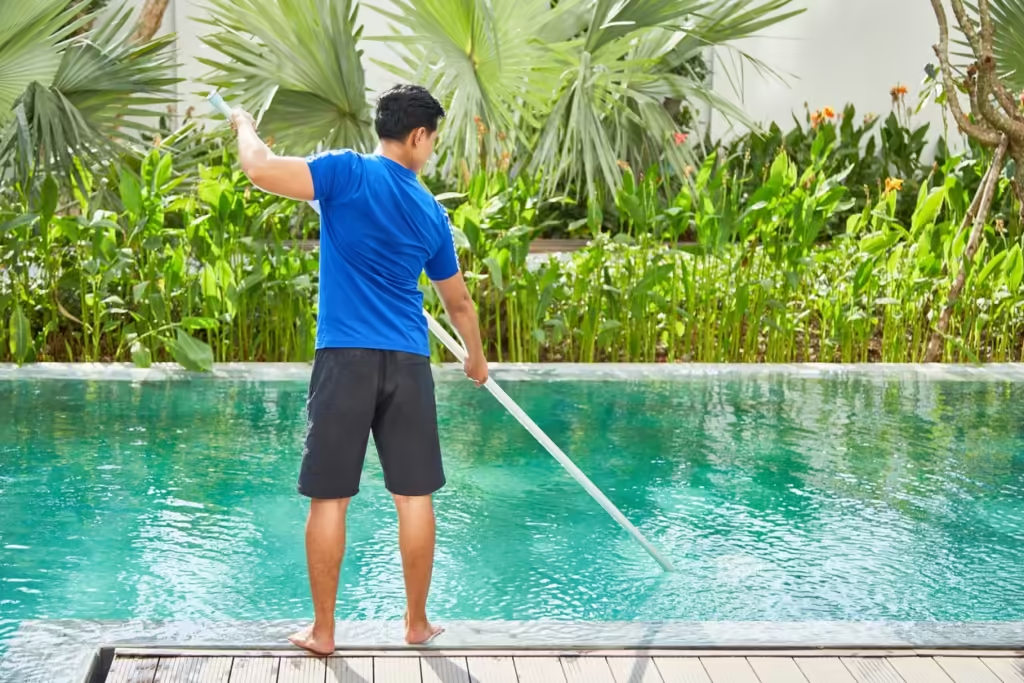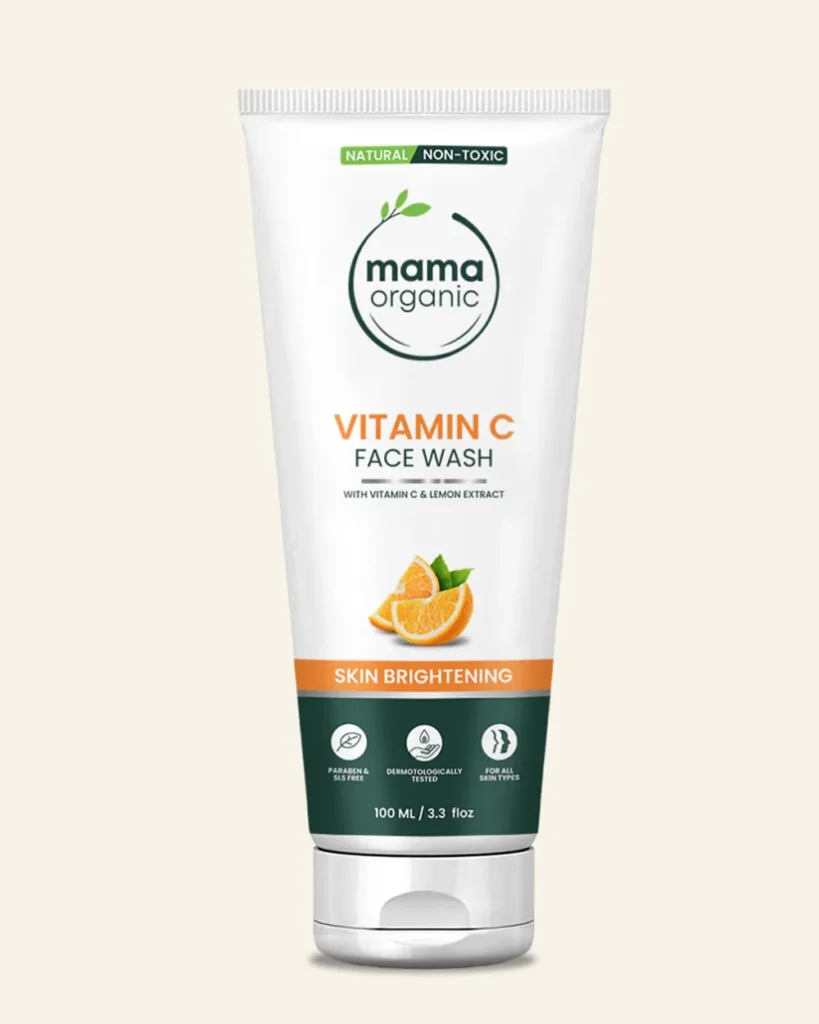Owning a swimming pool can be one of the great pleasures of homeownership, offering a refreshing retreat from the daily grind. However, to keep your pool in pristine condition, regular DIY maintenance is crucial. This guide will help you navigate essential maintenance tasks, providing you with the knowledge to maintain your pool effectively between professional services.
Why Regular Pool Maintenance Matters
Understanding the importance of regular pool maintenance is the first step toward effective pool care. Maintenance helps prevent common issues such as algae growth, murky water, and equipment malfunctions. Regular care not only ensures that your pool remains a safe and inviting environment but also extends the lifespan of your pool equipment.
Regular maintenance tasks involve checking the water chemistry, cleaning the pool, and inspecting the equipment. By staying on top of these tasks, you can avoid costly repairs and ensure that your pool is always ready for a swim.
Essential Pool Maintenance Tasks
To keep your pool in excellent condition, focus on these essential tasks:
Skimming and Cleaning: Regular skimming is essential for removing leaves, debris, and insects from the pool’s surface. Use a pool skimmer to collect floating debris and keep the water clean.
Brushing and Vacuuming: Brushing the pool walls and floor helps prevent algae and dirt buildup. Vacuuming removes settled debris from the bottom of the pool. Aim to brush and vacuum at least once a week to maintain cleanliness.
Checking and Balancing Water Chemistry: Proper water chemistry is vital for pool maintenance. Regularly test your pool’s pH, chlorine levels, and alkalinity to ensure they fall within the ideal ranges:
pH Levels: Maintain a pH level between 7.2 and 7.6 to keep the water comfortable for swimmers and protect pool surfaces.
Chlorine Levels: Keep chlorine levels between 1 and 3 ppm to effectively sanitize the pool.
Total Alkalinity: Aim for 80 to 120 ppm to stabilize pH levels.
Calcium Hardness: Ensure calcium hardness is between 200 and 400 ppm to prevent scaling and corrosion.
Cyanuric Acid: Maintain levels between 30 and 50 ppm to protect chlorine from the sun’s effects.
DIY Maintenance Tips for Success
Here are some practical tips to help you succeed with DIY pool maintenance:
Establish a Routine: Set up a weekly schedule to stay consistent with your tasks. Regular upkeep will make each task easier and more effective.
Invest in Quality Tools: Using high-quality pool maintenance tools, such as a good skimmer, vacuum, and test kits, can make your tasks more efficient and effective.
Stay Educated: Keep yourself informed about pool maintenance techniques and new products. Understanding how different products work can help you make better decisions for your pool.
Keep a Maintenance Log: Record your activities, test results, and any changes you make to the water chemistry. This log will help you track patterns and adjust your maintenance routine as needed.
When to Seek Professional Help
While DIY maintenance is crucial, there are times when professional intervention is necessary. For issues beyond routine cleaning, such as persistent algae problems, cloudy water, or equipment malfunctions, professional assistance can be invaluable. A reputable service like Pool Cleaning Service Victorville can diagnose complex problems and perform in-depth cleaning and repairs.
Avoiding Common Maintenance Mistakes
To ensure your DIY maintenance efforts are effective, avoid these common mistakes:
Inconsistent Testing: Regularly test your pool water at least once a week. Irregular testing can lead to imbalanced water chemistry and potential problems.
Overusing Chemicals: Add pool chemicals slowly and according to the manufacturer’s instructions. Adding too much at once can lead to imbalanced water conditions.
Neglecting Equipment: Regularly inspect and clean your pool’s pump, filter, and other equipment. Neglecting equipment can lead to inefficient operation and costly repairs.
Skipping Maintenance Tasks: Don’t skip essential tasks. Regular cleaning, water testing, and equipment checks are crucial for a healthy pool.
Keeping Your Pool in Top Shape
DIY pool maintenance is a manageable and rewarding endeavor with the right approach. By performing regular maintenance tasks, balancing water chemistry, and properly maintaining equipment, you can keep your pool in top shape between professional services. Remember to avoid common mistakes and seek professional help when necessary. Consistent care ensures that your pool remains a clean, safe, and enjoyable place for you and your family.
Maintaining a swimming pool involves understanding the basics of pool care and committing to a regular maintenance routine. By following these guidelines, you can ensure that your pool remains a beautiful and inviting retreat for you and your loved ones.



